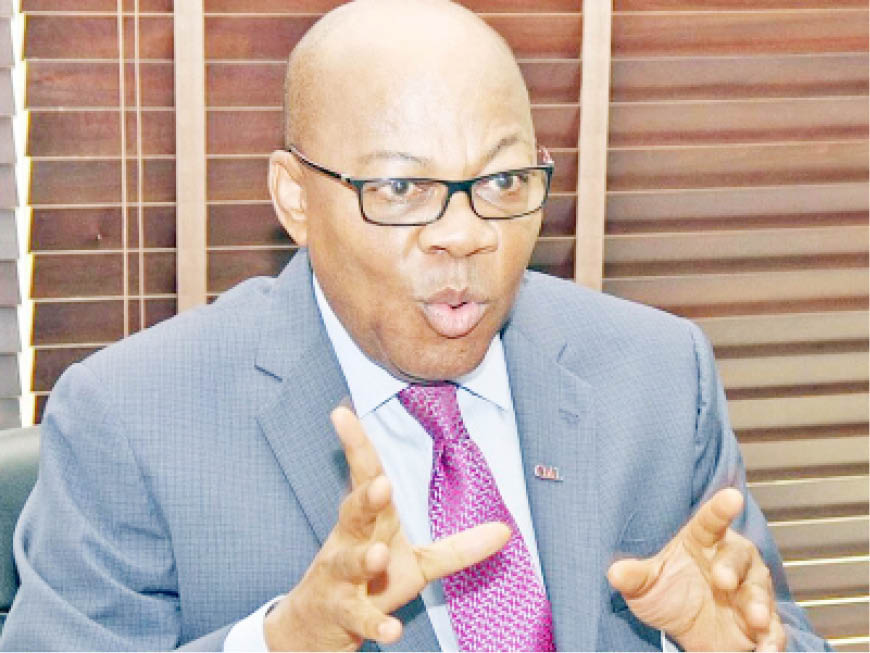A Senior Advocate of Nigeria Olisa Agbakoba has expressed his intention to challenge the cybersecurity levy by the Central Bank of Nigeria (CBN) and the federal government for being unconstitutional.
The Central Bank of Nigeria (CBN) had on May 6 directed financial institutions to implement the cybersecurity levy on all electronic transactions.
The levy of 0.5 per cent, the apex bank said, is as contained in section 44 of the Cybercrime (Prohibition, Prevention, etc.) Amendment Act 2024.
The levy under the National Cybersecurity Fund would be managed by the Office of the National Security Adviser (ONSA).
- Man arrested over killing of own cousin in Kaduna
- Citizens decry new taxes as FG entices investors with waiver
However, Agbakoba told Daily Trust yesterday that although cybersecurity levy was good, the mode of the imposition of the levy through Section 44 of the act was unconstitutional.
He said he will be making a case also against the Attorney General of the Federation, the National Assembly and the commercial banks over the levy.
He argued that the levy constituted the reason the government is broke as there already exist agencies like the NNPC, NERFUND, TETFUND, etc. that have continued to breach the appropriation laws and the provisions of the constitution on the consolidated revenue fund, which the ONSA Fund would further consolidate.
“So, I am going to court to challenge the imposition by the CBN on levies on the banks which will amount to the banks paying about N3 trillion a year,” he said.
“Can the National Assembly bypass how they appropriate funds for the government’s spending by the approval to the Office of the National Security Adviser?” he asked.
“That is unconstitutional because what the constitution says is that everything concerning revenue, whether it is tax or non-tax revenue such as the levy in the cybersecurity act, must pass through the federation account for it to now be appropriated by the National Assembly.
“So, if the same National Assembly makes a law bypassing the appropriation process and putting money in the hands of an agency, that is unconstitutional,” he added.

 Join Daily Trust WhatsApp Community For Quick Access To News and Happenings Around You.
Join Daily Trust WhatsApp Community For Quick Access To News and Happenings Around You.

